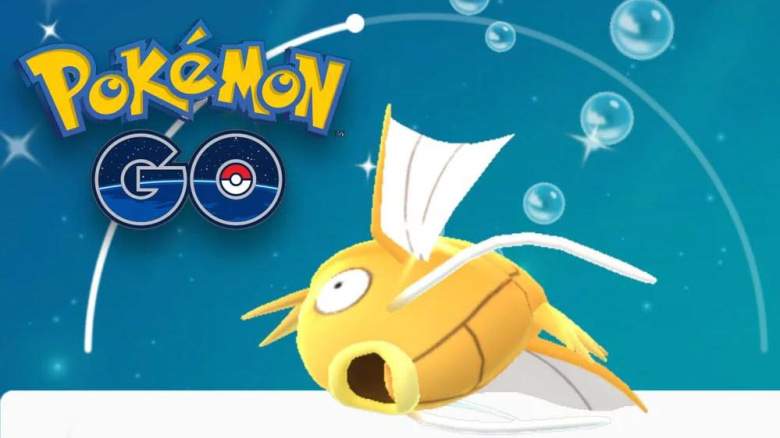
It should be no surprise that like a trail of digital breadcrumbs, Pokemon GO can track where you are, where you’re going, and how long you’ve been there. By design, the game relies on your location to beam various Poke-related content to your mobile device – and how it knows you’re at Pokestops and Gyms.
What might be surprising is many gamers don’t know what’s happening to that data after it’s collected. The EULA for Pokemon Go states data will be saved and aggregated to improve and personalize ‘services’, but makes no mention of selling it:
“We collect certain information that your (or your authorized child’s) mobile device sends when you (or your authorized child) use our Services, like a device identifier, user settings, and the operating system of your (or your authorized child’s) device, as well as information about your use of our Services while using the mobile device. We may use this information to provide the Services and to improve and personalize our Services for you (or your authorized child).”
This concern came to the attention of many Pokemon Go players after a reddit thread shot to the top of the Pokemon Go forum. Reddit User “publikwerks” posed the question:
“Reading about how kids younger than 13 cannot see/interact with sponsor’s gyms/pokestops got me thinking about why. I ran into this with my son when we were driving around collecting pokestops, and he couldn’t see the pokestop at all. Initally, I thought “Starbucks must not want kids hanging around”.
But now it dawned on me that the Children’s Online Privacy Protection Act might come into play….if Niantic is sharing user data with the sponsors as part of the deal. So has anyone heard anything about Niantic sharing data?”
The responses ranged from denial, to outrage to curiosity. User ‘SlapHappyDude’ explained there isn’t much cause for alarm:
“The good news is most companies are really only interested in aggregate data for marketing purposes. Knowing when John Smith of Canton, Ohio likes to eat lunch is far less useful than knowing where the 1,000 Pokemon players in Canton, Ohio tend to go (made up numbers obviously)”
However, in a reply, user Amogh24 stated: “For now atleast. Data is the new oil, it won’t be used for civil purposes only, it’s used for war”
User Grimey_Rick offered a more forceful rebuttal:
“So? So does Amazon. And whoever else you interact with online. Why is this news to people? If it’s not news, why do you care all of a sudden? Does this sub really not get tired of looking for reasons to bash Niantic?”
The concern regarding data collection is that users are unsure if their data is being sold, and if so, to who, and for what purposes. Knowing the age of players, where they go, and when they go there would be invaluable for marketing and PR companies who could place billboards or advertising – or entire businesses targeted at specific demographics in the most heavily traveled areas – among other advantages.
Sponsors do currently pay money to Pokemon Go’s developer, Niantic, to create Pokestops at businesses most likely to get foot traffic. For example your local McDonalds may be a Pokestop because a lot of players go there – or because McDonalds wants you to go there – and Niantic will charge them per-visit. Though in that case it’s more Niantic using your data to make a deal, versus selling your data outright.
At this point, this is all speculation – but genuine concern. The EULA makes no mention of selling DATA, but does admit it will share it with third parties in aggregate form.
Stay tuned for updates and a quote from Niantic as it becomes available.